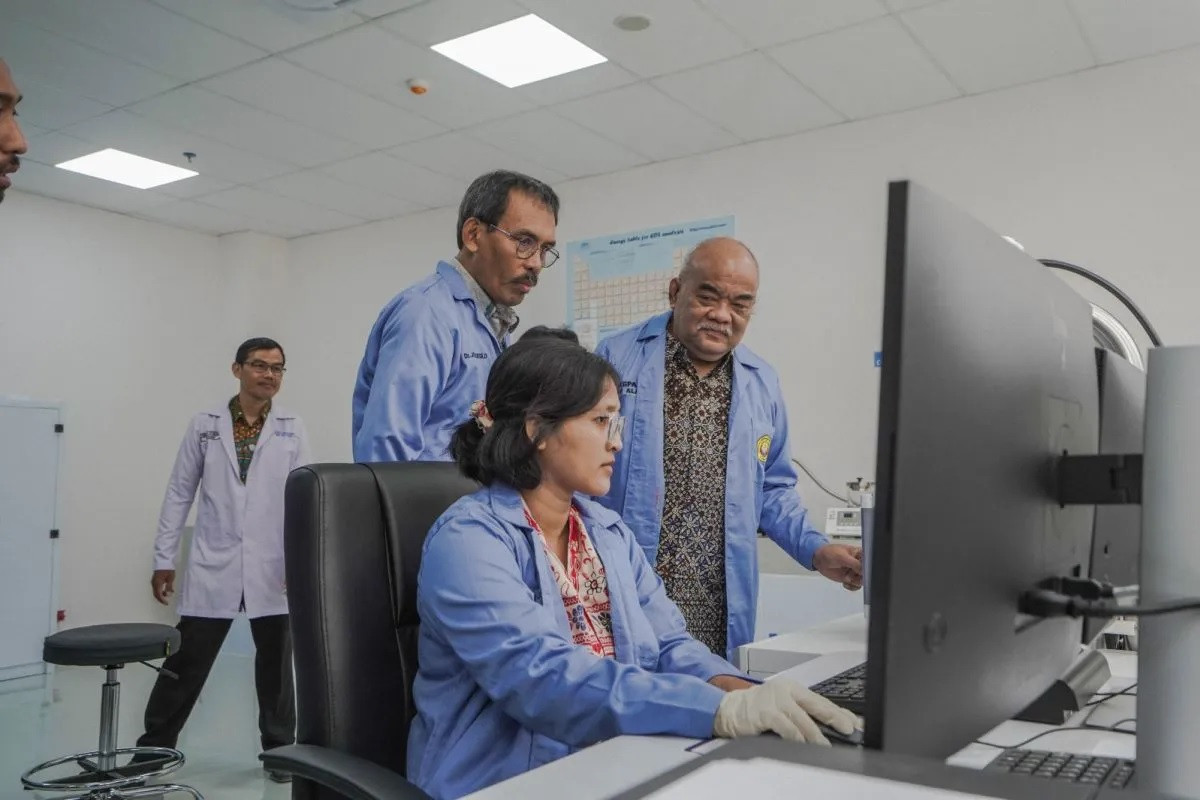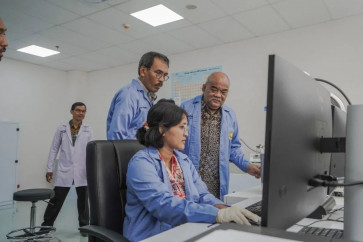Popular Reads
Top Results
Can't find what you're looking for?
View all search resultsPopular Reads
Top Results
Can't find what you're looking for?
View all search resultsWhy Indonesia should care about think tanks in an ever-changing world
Increasing the state research budget to equal 1 percent of GDP is ideal but the government can also engage the domestic public and private sectors to fund think tanks to promote evidence-based informed policymaking.
Change text size
Gift Premium Articles
to Anyone
F
ollowing the Feb. 14 elections, the country has a crucial opportunity to redefine its approach to governance and public policy.
However, it will take work. The new government will face significant development challenges like climate change, economic transformation and geopolitical turmoil. Changes to the global and local context, such as shifting demographics, rising inequality and technological evolution, will further pose risks for the country.
Facing these challenges, who can the new government turn to for expert insights and solutions? Meet the think tanks.
Through their research and advocacy skills, think tanks provide evidence, data, policy advice and practical policy recommendations to decision-makers within Indonesia’s bureaucracy. They not only act as brokers but also play a crucial role in accommodating the needs and interests of multiple stakeholders.
Think tanks work on various policy issues for the benefit of society. A 2023 study found that most of them researched poverty and social protection (65 percent), followed by education (55 percent), health (48 percent), gender (47 percent), environment/climate change (43 percent) and economic governance (38 percent). The data is based on a network of 187 think tanks in 28 provinces across Indonesia.
However, nongovernmental think tanks face many challenges to survive and sustain. One critical challenge is that they often depend on long-term core funding support from multilateral agencies, bilateral donor agencies, philanthropy associations and corporate social responsibility (CSR) projects.
This reliance is not new. A 2015 Knowledge Sector Initiative report cited an NGO Service and Study Centre survey suggesting that donor funding accounts for up to 85 to 90 percent of NGO funding in Indonesia. Yet, international donor funding has decreased since Indonesia achieved lower middle-income country status in 2006 and its perceived stable democratic consolidation since 2004, the report stated.



















